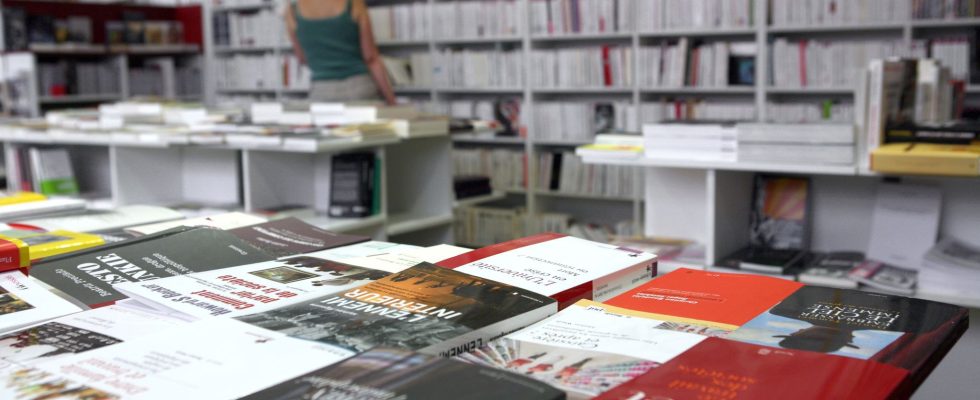Of all the professions that artificial intelligence (known as AI) is likely to kill, that of literary translator seems a priori to concern only a tiny particle within a microcosm. Its fate should, however, challenge all readers when we know that about 20% of new novels appearing in bookstores were originally written in a foreign language. From this perspective, it is an understatement to say that literary translators are essential go-betweens. But what if computer systems, combined with data connected to management systems and algorithms based on the most sophisticated technology, devoid of affect, sensitivity, subjectivity, were to replace them? ?
Since one, computers can now think and act like human beings; two, their processing capacities are higher every day; three, literary translators still belong to the human race, but they themselves know their limits; four, the next translation of the Trial will it still have something human if not truly Kafkaesque?
The collateral effects of AI on foreign literature returned in French
The automatic translator’s difficulties with rare words, slang, puns, homophony, humor and syntactic pitfalls are such that they often produce hilarious misinterpretations. For years, we’ve been going over Google Trad translations that are hilarious. Guaranteed comic effect. In 2019, during the 36th Assises de la Traduction littéraire in Arles devoted to humor in translation, there were also debates on the automation of the profession. All of these days were entitled “And you find it funny?”. Four years later, no one finds “it” funny anymore. We went from laughter to tears. The status of author and co-creator of a text, which literary translators have had and still have so much difficulty in conquering, is really threatened.
Of course, we must be careful not to demonize the infernal machine that claims to replace it, because many professionals recognize that it is already doing them a favor, in particular the impressive DeepL which simply presents itself as “the best translator in the world”. Nevertheless, the collateral effects of AI on foreign literature returned in French are obvious: loss of linguistic diversity, lack of common sense, lack of context, negation of variants, etc. The metaphor is also encoded, as well as the understatement, and soon, why not, other figures of rhetoric. But language is not just a code. A writer is a voice, a sound, a tone. What remains once processed by the algorithm? It is the human factor that is at risk.
Translators to assert their added value
Until recently, the result was more Globish than French. However, not only have the tools improved dramatically, but they promise to be more and more efficient in the short term. To despise their abilities would be a fatal mistake. The most optimistic reassure by pointing out that AI is “literally” inoperative because it is powerless to refine, nuance, sophisticate, understand, and therefore to think. It is no less dangerous. And we won’t get rid of the threat by saying that, for the moment, only genre fiction (youth, romance, fantasy) is concerned.
The AI solution is more convenient, cheaper and unparalleled in speed. It is up to the translators to assert their added value. In publishing houses, there are those who already see the translator of the future as a “post-editor”, specialized in the revision of texts translated by AI, empowered to restore to them the meaning often lost along the way, to give them a certain relief when the machine has flattened everything. The stakes are high because it is the relationship to the language that is at stake here. But what remains of the concern for language in a world devoted to communication?
Publishers now bear a heavy responsibility: the first who believe they can do without literary translators by entrusting, for a much lower cost, their novels, short stories, essays, biographies to be translated to the AI, will be the gravediggers. We can already hear the ominous echo that such a remark sends back: “So what?”
Postscript: This column is guaranteed to be 100% human-made, although…
* Pierre Assouline is a writer and journalist, member of the Goncourt Academy
